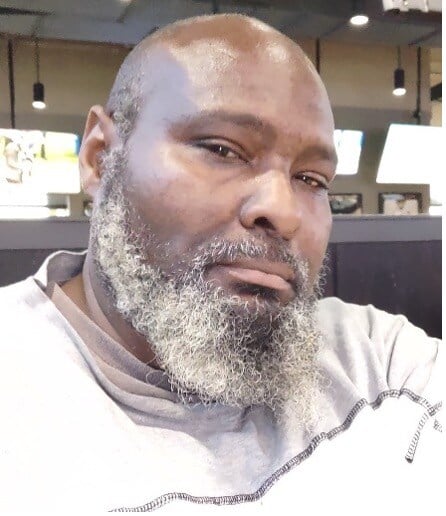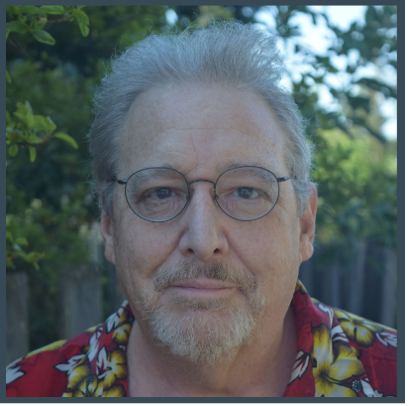
Michael Mihailos was raised in what was then the Irish, Italian, and Greek enclave of Bay Ridge, nestled in the southwest corner of Brooklyn. He was the youngest of three kids and says his father had serious struggles with alcohol. Michael himself didn’t drink much in high school, but his alcohol use escalated during college. It went from habit to problem, and things spun out of control.
Michael remembers looking around one day and realizing that the one thing he knew for sure was that he didn’t want to be the “old man sitting at the bar,” like the ones he saw regularly at the places where he drank. By this time, he had tried to quit drinking six or seven times, but he would always return to the comfort of familiar surroundings and the relief that alcohol seemed to provide. Things reached a breaking point when he ended up in the emergency room at Methodist Hospital, the same place he was born. He spent his 40th birthday in detox. It was time to do something different.
After detox, Michael moved north to Portland, Maine. However, he eventually went back to drinking and realized he needed more significant treatment. He picked a rehab facility in Florida that emphasized recovery through 12-Step programming.
Once he got back to Portland in 2017, he became involved in an intensive outpatient treatment program that focused on Cognitive Behavioral Therapy practices and used SMART Recovery resources. He already knew about SMART from having gone to a couple of meetings in New York City years before. Everything was falling into place.
Michael began participating in programming at the Portland Recovery Community Center (PRCC). There, a chance encounter impacted his direction in life. A person in distress asked him whether the “disease model” of alcoholism was valid. Michael found himself responding in a therapeutic manner that eased the person’s fears by simply asking, “Does it matter if it is a disease or not?” Somehow this encounter crystallized his decision that what he really wanted to do was help others in recovery.
Soon after that, Michael began to take the SMART facilitator training and became a Certified Peer Recovery Coach in Maine. For a while, he took over the SMART meeting at the PRCC, and he continues to do outreach on behalf of SMART. One of the best things about SMART, he says, is how it can help clarify thinking processes and organize decision-making: “I like the way it makes me think for myself.”
Another valuable aspect of SMART according to Michael is that it doesn’t try to shame people and it resists labels. His advice to people who are thinking about seeking recovery of any kind is to “try everything out before you judge anything.” Michael is a positive example of how this advice can work out for the best.




